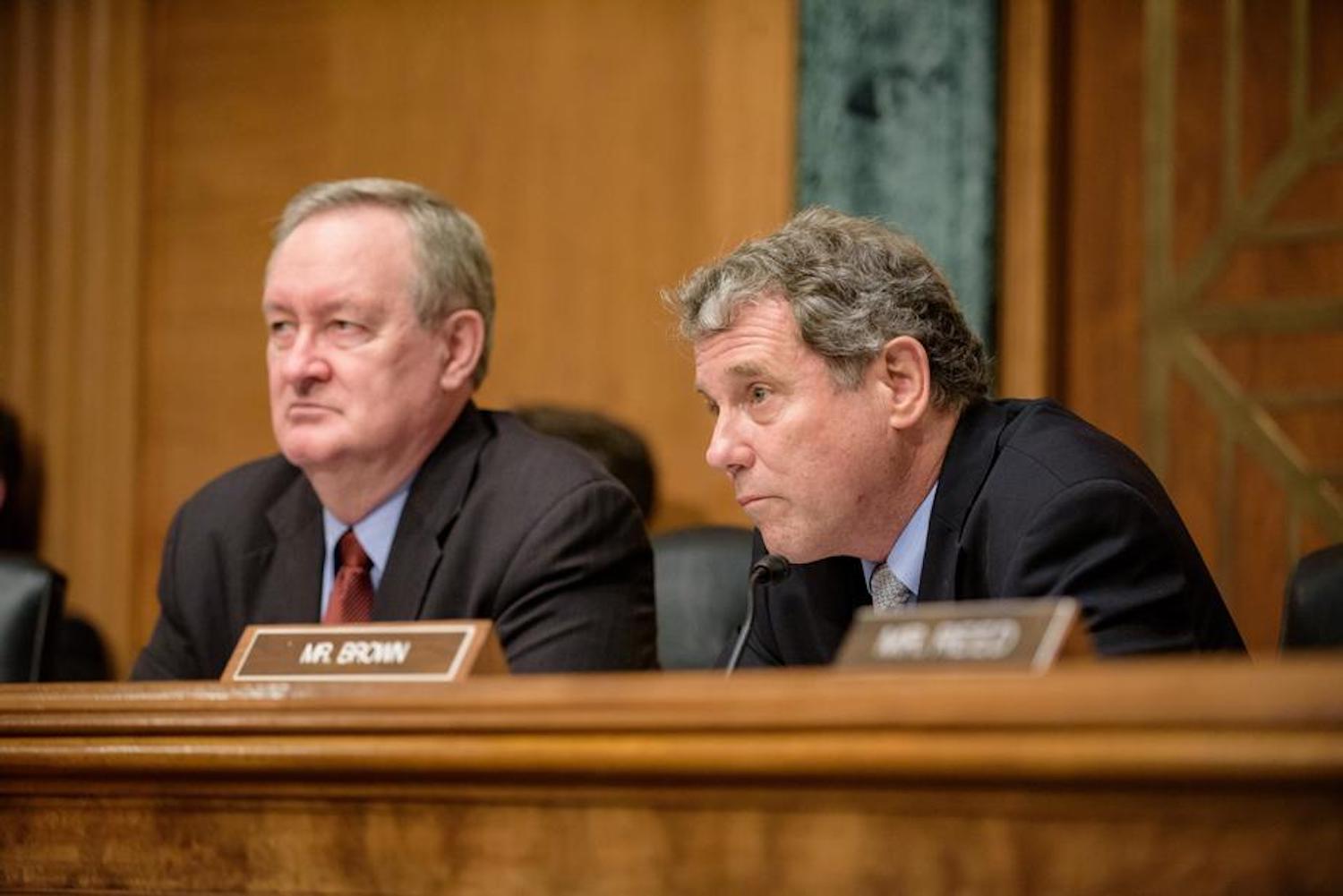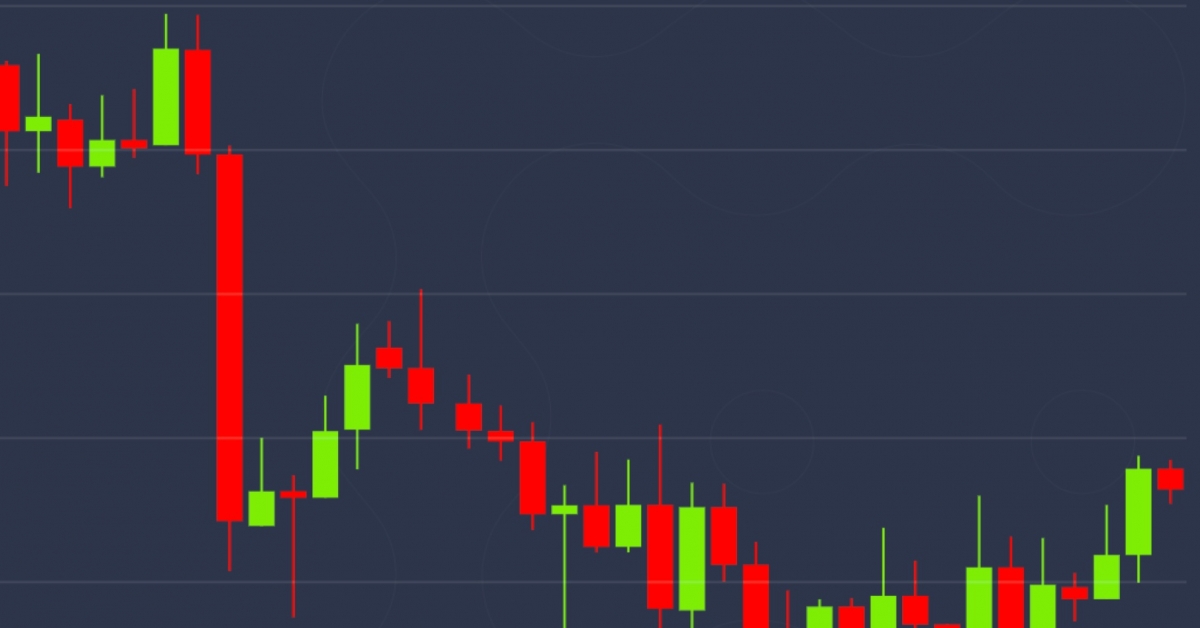BlackRock’s Tokenized Fund Quickly Rakes in $245M, Right Behind Franklin Templeton’s Older Offering
/arc-photo-coindesk/arc2-prod/public/LXF2COBSKBCNHNRE3WTK2BZ7GE.png)
BlackRock’s first tokenized asset fund is off to a strong start, garnering a significant market share of the blockchain-based tokenized U.S. Treasury market just a week following its debut.
Blockchain data shows that BlackRock’s BUIDL raked in $245 million of deposits as of Wednesday. Its strong introduction propelled the fund into second place among peers, trailing only Franklin Templeton’s Franklin OnChain U.S. Government Money Fund (FOBXX), which has $360 million of deposits, according to rwa.xyz data.
BlackRock was the latest high-profile entrant to crypto’s tokenization of real-world assets (RWA) boom, with digital asset firms and global banks such as HSBC, JPMorgan and Citigroup exploring ways to use blockchain technology for traditional financial instruments such as bonds, credit, gold or even diamonds in pursuit of faster settlements and increased efficiency.
U.S. Treasuries are a gateway for tokenization efforts as a low-risk, well-known instrument where investors can park their on-chain cash and earn stable yield without leaving the blockchain ecosystem. The tokenized Treasury market has mushroomed over the past year, growing nine-fold from $100 million in early 2023.
“With the growth of BUIDL, we are likely to see a $1 billion tokenized U.S. Treasury market very soon,” said Tom Wan, analyst at digital asset manager 21Shares.
BlackRock’s BUIDL token on the Ethereum blockchain, created with asset tokenization platform Securitize, represents investment in a fund that holds U.S. Treasury bills and repo agreements. Its price is pegged to $1, and holders receive a yield from the underlying assets paid in the token. The offering is targeted to large institutional investors.
RWA tokenization platform Ondo Finance moved $95 million of funds to BUIDL to shift its own Treasury bill token’s asset backing from a less desirable exchange-traded fund to a blockchain-based one, allowing instant settlement and around-the-clock subscriptions and redemptions.
Edited by Nick Baker.








